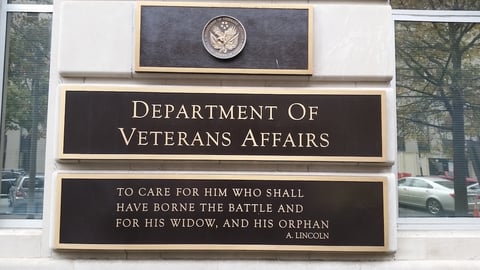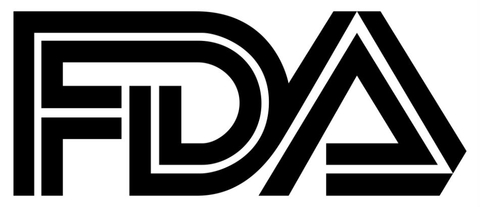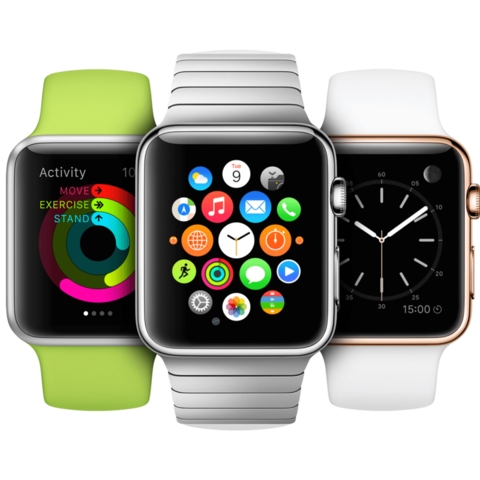This past year featured pockets of significant progress for the health IT industry, and several of the healthcare technology trends that grabbed the spotlight are poised to maintain their momentum in 2018.
For example, the Food and Drug Administration has made several moves to ease the pathway for innovative medical devices and relaxed its oversight of certain mobile applications. Technology giants like Apple and Google are increasingly interested in carving out space in the healthcare sector, which is likely to trigger new partnerships in 2018.
Meanwhile, consolidation across several healthcare sectors is creating unique opportunities for health IT that will be fleshed out even further in the coming year.
RELATED: 2017 Year in Review—A digital health boom, cyberattacks and navigating health IT’s awkward teenage years
Those changes will give way to new breeding grounds for innovation as regulatory shifts continue to shape the industry. With that in mind, here are our predictions for the industry over the next 12 months.
1. Congress will address telehealth reimbursement
Nine different bills were introduced to the House or the Senate in 2017 that took on telehealth reimbursement in some form or another. It's not a partisan issue, but like many other federal initiatives, it’s been shelved in favor of more pressing objectives like tax reform and attempts to repeal the Affordable Care Act.
Lawmakers can only delay this issue for so long, especially as public awareness of telehealth builds and health systems continue investing in new platforms.

Don't forget, the country’s largest healthcare provider—the Department of Veterans Affairs—is preparing to overhaul its approach to telehealth licensure by overriding state restrictions (either through rulemaking or through legislation) which will help expand new telehealth initiatives.
The industry is steadily shifting. Congress will have to keep pace.
2. There will be more lawsuits over EHR incentive payments
The $155 million eClinicalWorks settlement broke the proverbial dam and you'd better believe attorneys (and prospective whistleblowers) read that complaint and the corporate integrity agreement with keen interest.
After handing out billions in incentive payments to hospitals and physician practices to implement EHRs, the federal auditors are taking a closer look at what exactly they paid for. In the eClinicalWorks case, providers were absolved of liability since the vendor falsified testing, but another lawsuit unsealed in November named 62 Indiana hospitals that allegedly submitted fraudulent Meaningful Use attestation data.
RELATED: Whistleblower attorney expects more false claims lawsuits against EHR vendors

Hospital attorneys are already on notice. Corinne Smith, a healthcare attorney at Strasburger & Price in Austin, Texas, who helps hospitals negotiate contracts with EHR vendors, told FierceHealthcare she has started adding in new provisions requiring developers to upgrade systems free of charge if they are implicated in government charges or certification violations.
She’s also pushed for vendors to disclose whether they’ve entered a corporate integrity agreement with the government and she’s considering adding language requiring an annual independent audit.
“You can’t just rely on their word anymore,” Smith says.
Those legal issues are bound to bubble to the surface in one form or another: Watch how the Department of Justice handles these cases.
After cashing in on the eClinicalWorks settlement, federal prosecutors declined to join two False Claims Act cases this year—the aforementioned case in Indiana and a lawsuit against Epic claiming the vendor’s software overbilled for anesthesiology services. The DOJ has its own reasons for declining to join these cases, but their willingness to jump on board will certainly impact the number of cases that come forward.
3. Data blocking enforcement will emerge as an even more contentious issue
If you weren't already aware of ONC's mandate under the 21st Century Cures Act to create a definition for data blocking, you will be in 2018.
ONC says it will release that guidance this spring, which will serve as the foundation for the Office of Inspector General to crack down on information blocking. OIG officials said they won’t begin issuing fines until ONC has finalized that definition, but the agency has already begun looking into some complaints and referrals.
Many different companies have a whole lot at stake on this issue. And while some people have argued that data blocking doesn’t exist at all, plenty of industry experts have highlighted it as a very real problem—including several ONC officials.
"I don't think #data blocking exists - what I see is a lack of incentives to share data," says #CIO John Halamka. #interoperability #hsciochat #HealthIT #policy
— Kate Huvane Gamble (@khgamble) December 19, 2017
Halamka: data blocking is a myth, because hospitals share information "when there's a business case"
— Farzad Mostashari (@Farzad_MD) November 11, 2017
Let me help you out, John. That's data blocking. https://t.co/zfYUCvdQLa
This will be an even more contentious issue moving forward, particularly as OIG kicks off enforcement. While the industry is eagerly anticipating ONC’s definition, not everyone will be pleased about how it shakes out.
4. Healthcare will battle another cyberattack
The common refrain in cybersecurity is “not if, but when.” That held true in 2017 with two major attacks that impacted industries around the globe. It seems almost inevitable that healthcare will be forced to grapple with another one at some point in the coming year.
RELATED: HHS task force spells out ‘urgent challenge’ of cybersecurity in healthcare
Has healthcare’s cybersecurity posture changed in the last six months? Not really.
Awareness might be a little better, but the industry is still just as vulnerable to an attack as it was this time last year, and it will continue to be hampered by the fact that most providers are operating without any kind of cybersecurity leadership.
The vulnerabilities that exist with legacy systems in increasingly connected medical devices aren’t going to be fixed overnight. In the meantime, cybercriminals and threat actors—including North Korea—are only getting progressively more powerful.

Keep an eye on the first FDA cybersecurity recall for a medical device happened in 2017 when the agency announced a firmware update for an Abbott-manufactured pacemaker.
As more networked devices hit the market, expect this to emerge as a top concern. Device manufacturers are already grappling with how to address vulnerabilities without drawing the ire of the federal government, but more recalls could force the hand of regulators and lawmakers.
Meanwhile, numerous data breach cases are making their way through the court system.
CareFirst has petitioned the Supreme Court to hear its case and determine whether a breach constitutes real harm. If the Supreme Court agrees to hear that case, it could have major implications for data breach litigation across all industries. But even if the high court takes a pass, it's likely this question will persist in circuit court cases around the country.
5. The big 5 technology companies will enter into more partnerships

Apple, Amazon, Google, Facebook and Microsoft. They’re all keen on finding ways to insert themselves into the healthcare industry. And why not? Outfits like Google lead the world in aggregating and distilling massive amounts of data.
Will technology companies completely “disrupt” the healthcare industry in the span of a year? Doubtful.

What we’ll probably see instead is a number of new partnerships with major health systems similar to the one Apple launched with Stanford earlier this year to test its new Apple Watch.
Google has already engaged with several academic medical centers and Fitbit is hooking its talons into the payer industry, plus inked a deal with the "All of Us" campaign.
The success of those partnerships will drive more collaboration. Plus, a handful of those companies are involved in FDA’s precertification pilot, which will be a huge advantage when it comes to navigating digital health oversight in the future.